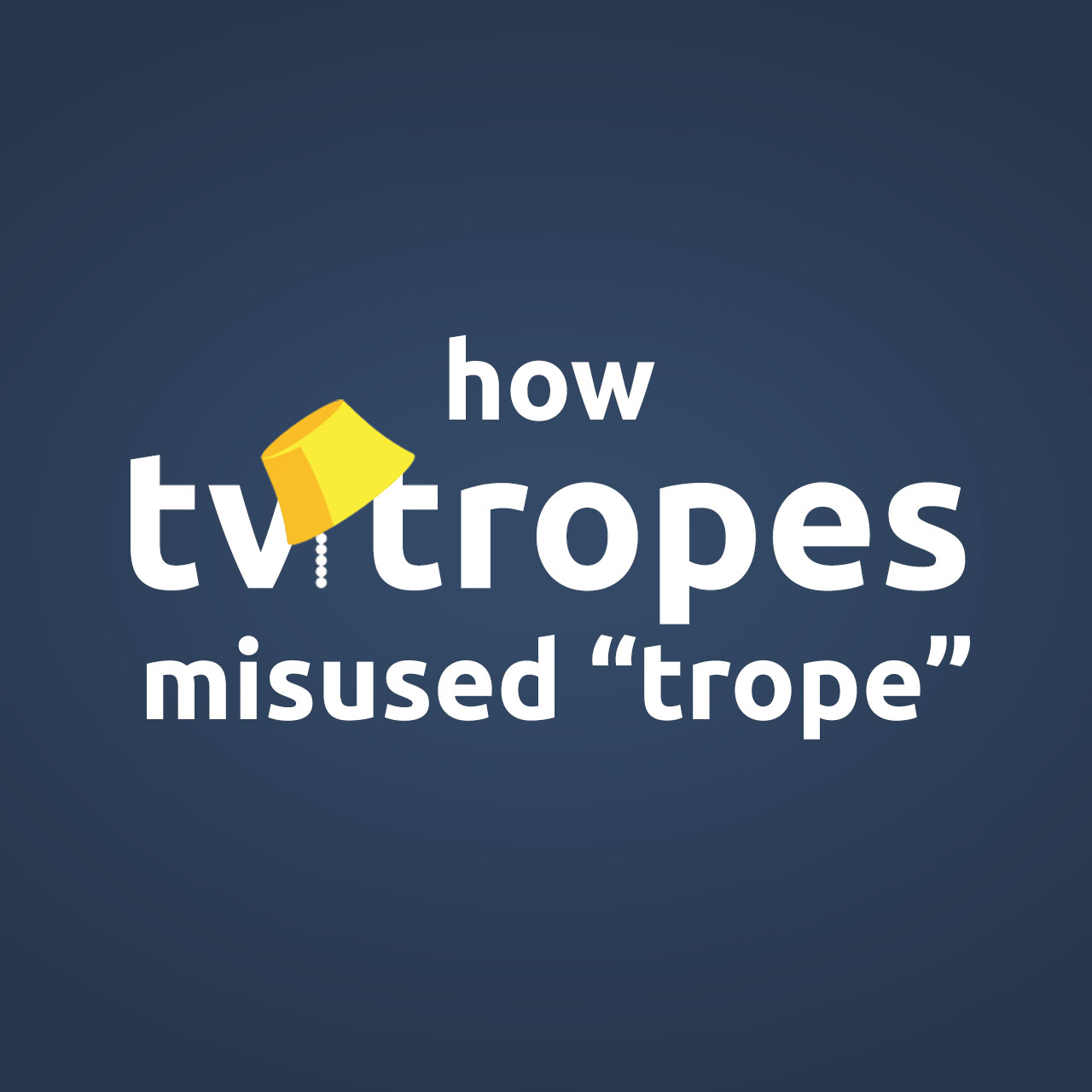Mad Swede
 Auror
Auror
No. A trope is something like an idea, phrase, or image that is often used in a particular type of art or literature. They're often used by literary critics and literary analysts as tools to describe how an author writes. Some authors deliberately set out to use (invoke) or subvert literary tropes. I don't. I don't even think about what tropes I may be using in my work. I'm sure there are examples of many literary tropes in my stories - but I've never bothered to work out what they are or how I use them. I just write stories, and I focus on characters.So are you saying that you avoid writing about tropes by creating characters and stories that feel more true to life?

 Myth Weaver
Myth Weaver
 Minstrel
Minstrel
 Archmage
Archmage